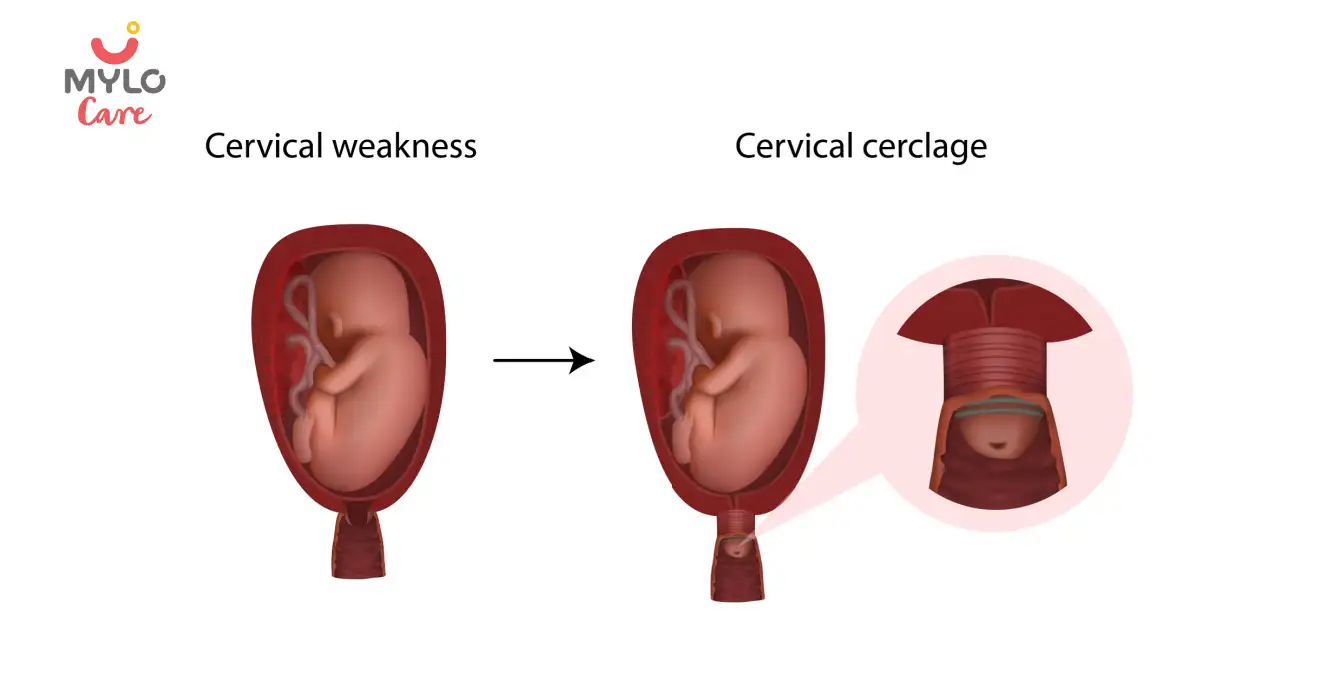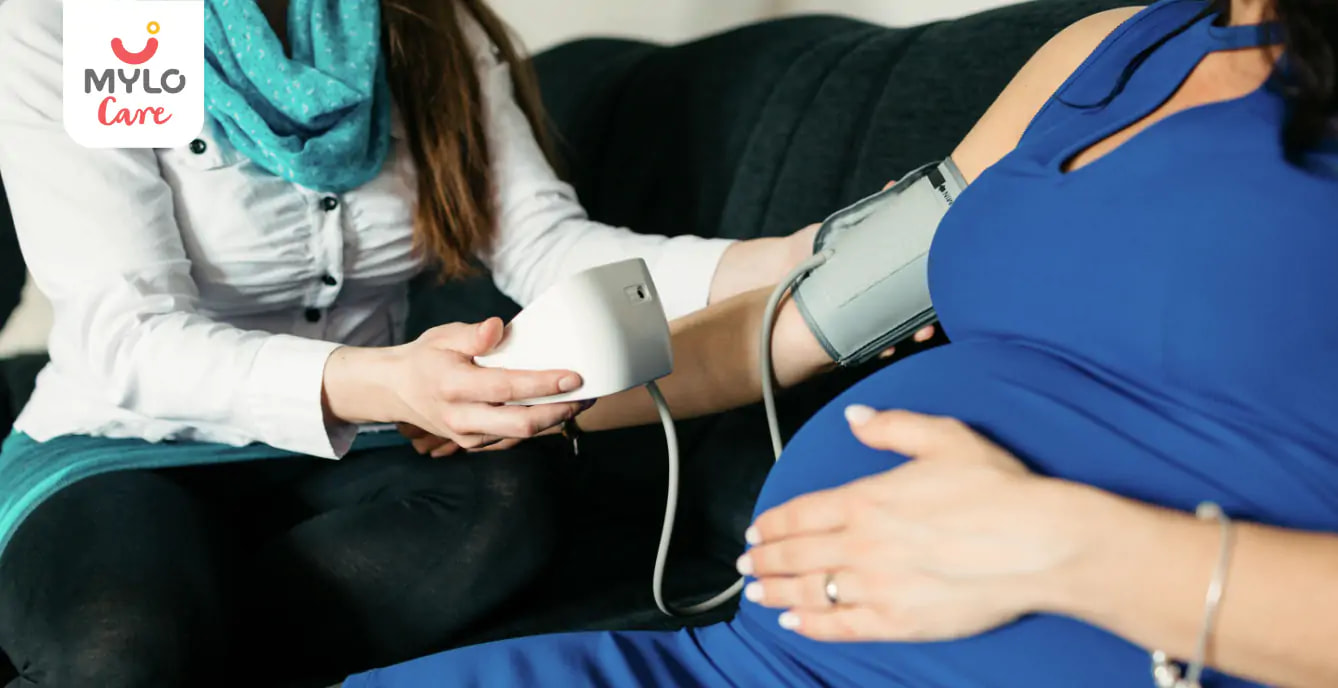Home

Diet & Nutrition

Special Home Remedies For Gas During Pregnancy
In this Article

Diet & Nutrition
Special Home Remedies For Gas During Pregnancy
Updated on 7 December 2023
Got gas while pregnant? You’re not alone. In pregnancy, gas is a common (and potentially embarrassing) symptom. At this stage you are more likely to pay special attention to what you eat and the medications you ingest right now, however, typical gas remedies should be shelved for the time being.
Fortunately, there are several home remedies that can help ease any gas troubles you’re having, and some are as easy as reaching for a tall glass of water.
Why Does Pregnancy Make You Gassy?
Your body goes through many changes during pregnancy, and unfortunately gas is an uncomfortable result of some very normal body processes.
The main cause of excess gas during pregnancy is hormone progesterone. Your body produces more progesterone to support your pregnancy and further relaxes muscles in your body including the muscles of your intestine. Your digestion slows down because of the slow movement of intestine muscles. This allows gas to build up, further leading to bloating, burping, and flatulence.
Bodily Changes During Pregnancy
The increased pressure from your growing uterus on your abdominal cavity slows down digestion that leads to more gas. Some foods can also contribute to gas, and your prenatal vitamins (especially the iron component) can cause constipation.
7 Ways to Ease Your Gas
This uncomfortable, and sometimes painful, gas is generally due to constipation, and it can get worse as your pregnancy progresses. Thankfully, there are various things you can do to combat the gas. The more consistent you are with these lifestyle changes, the better results you are likely to see.
1. Drink Plenty of Fluids
Water is your best bet. Aim for 8-10 ounce glasses every day, but other fluids count too. There are chances that you are suffereing from irritable bowel syndrome if your gas is causing pain or extreme bloating, Therefore, make sure that the juice you drink is low in certain types of gas and bloating-promoting sugars called FODMAPs. Cranberry, grape, pineapple, and orange juice are all considered low-FODMAP juices.
2. Get Moving
Physical activity and exercise should be a part of your daily routine. If you can’t make it to a gym, add a daily walk to your routine. Aim to walk or exercise for at least 30 minutes. Not only can exercise help keep you physically and emotionally fit, but it can also help prevent constipation and speed up digestion. Be sure to consult your obstetrician first before starting any exercise regimen during pregnancy.
3. Test Out Your Diet
Try removing potential food triggers from your diet one at a time, until your gas symptoms improve. That way, you’re only eliminating foods that are contributing to the problem. Brussels sprouts, cabbage, broccoli, wheat, and potatoes are common gas culprits.
Some women experience IBS during pregnancy but talk to your doctor and dietitian before starting a low-FODMAP diet. This diet can be very restrictive and put you and your baby at risk for not getting adequate nutrition.
4. Fill Up on Fiber
Many foods that make gas worse in the short term can actually help control constipation. Why? “Fibre brings water into the intestines, softening the stool and allowing it [to pass more easily.
Try fitting 25 to 30 grams of high-fiber foods into your diet to help ease gas concerns. Many fruits, such as prunes, figs, and bananas, and vegetables, as well as whole grains like oats and flax meal, are all good fiber boosters to consider.
5. Ask About Fiber Supplements
If you’re not a fan of high-fiber foods, or you’re looking for a quick and easy alternative, ask your doctor about whether a fiber supplement, such as psyllium (Metamucil), methylcellulose (Citrucel), or polyethylene glycol 3350 (MiraLAX), might benefit you.
6. …And Stool Softeners
Docusate (Colace), a gentle stool softener, moistens the stool, allowing easier and regular passage. Just avoid any stimulant laxatives, such as sennosides (Ex-Lax, Senokot), as these can cause complications during pregnancy.
7. When in Doubt, Just Breathe
Anxiety and stress are the main cause of an increase in upper abdominal gas, bloating, and belching. Try and eliminate as much stress from your life. delegate daily chores to other family members orelse just do it by yourself. Designate some quiet time to yourself during the day to take some deep breaths and relax, or look into a prenatal spa day. Do whatever you need to stay calm.



Written by
Ishmeet Kaur
Ishmeet is an experienced content writer with a demonstrated history of working in the internet industry. She is skilled in Editing, Public Speaking, Blogging, Creative Writing, and Social Media.
Read MoreGet baby's diet chart, and growth tips

Related Articles
RECENTLY PUBLISHED ARTICLES
our most recent articles

PCOS & PCOD
PCOD Problem After Marriage: Debunking Common Misconceptions and Finding Solutions

Ovulation
White Discharge After Ovulation: A Normal Occurrence or Cause for Concern?

Ovaries
Normal Ovary Size: How It Varies and What It Means for You

Festivals & Celebrations
2024 Calendar with Holidays and Festivals of India

Abortion
After-Abortion Sex: A Guide to Physical and Emotional Wellness

Premature Delivery
Cervical Cerclage: A Closer Look at the Procedure and Its Benefits
- The Ultimate Guide to Panchatantra Stories for Kids
- Which Is Better Normal Or Cesarean Delivery
- How to Get Baby in Right Position for Birth?
- Paheliyan 101: Riddles for Kids That Educate and Entertain
- The ABCs of Cephalic Presentation: A Comprehensive Guide for Moms-to-Be
- The Ultimate Guide to Consuming Chia Seeds in Pregnancy
- Essential Tips for Normal Delivery After Cesarean
- Crab During Pregnancy: Benefits, Risks and Smart Choices
- Normal Delivery Tips: An Expecting Mother's Guide to a Smooth Childbirth Experience
- Top 10 Panchatantra Stories in English You Must Read to Your Children
- What Helps in Improving Mental Health of Women
- Childhood Disorders: Meaning, Symptoms & Treatment
- Bleeding During Pregnancy 8 Weeks: Should You See a Doctor?
- The Ultimate Guide to Having Sex After C Section


AWARDS AND RECOGNITION

Mylo wins Forbes D2C Disruptor award

Mylo wins The Economic Times Promising Brands 2022
AS SEEN IN

- Mylo Care: Effective and science-backed personal care and wellness solutions for a joyful you.
- Mylo Baby: Science-backed, gentle and effective personal care & hygiene range for your little one.
- Mylo Community: Trusted and empathetic community of 10mn+ parents and experts.
Product Categories
baby carrier | baby soap | baby wipes | stretch marks cream | baby cream | baby shampoo | baby massage oil | baby hair oil | stretch marks oil | baby body wash | baby powder | baby lotion | diaper rash cream | newborn diapers | teether | baby kajal | baby diapers | cloth diapers |








